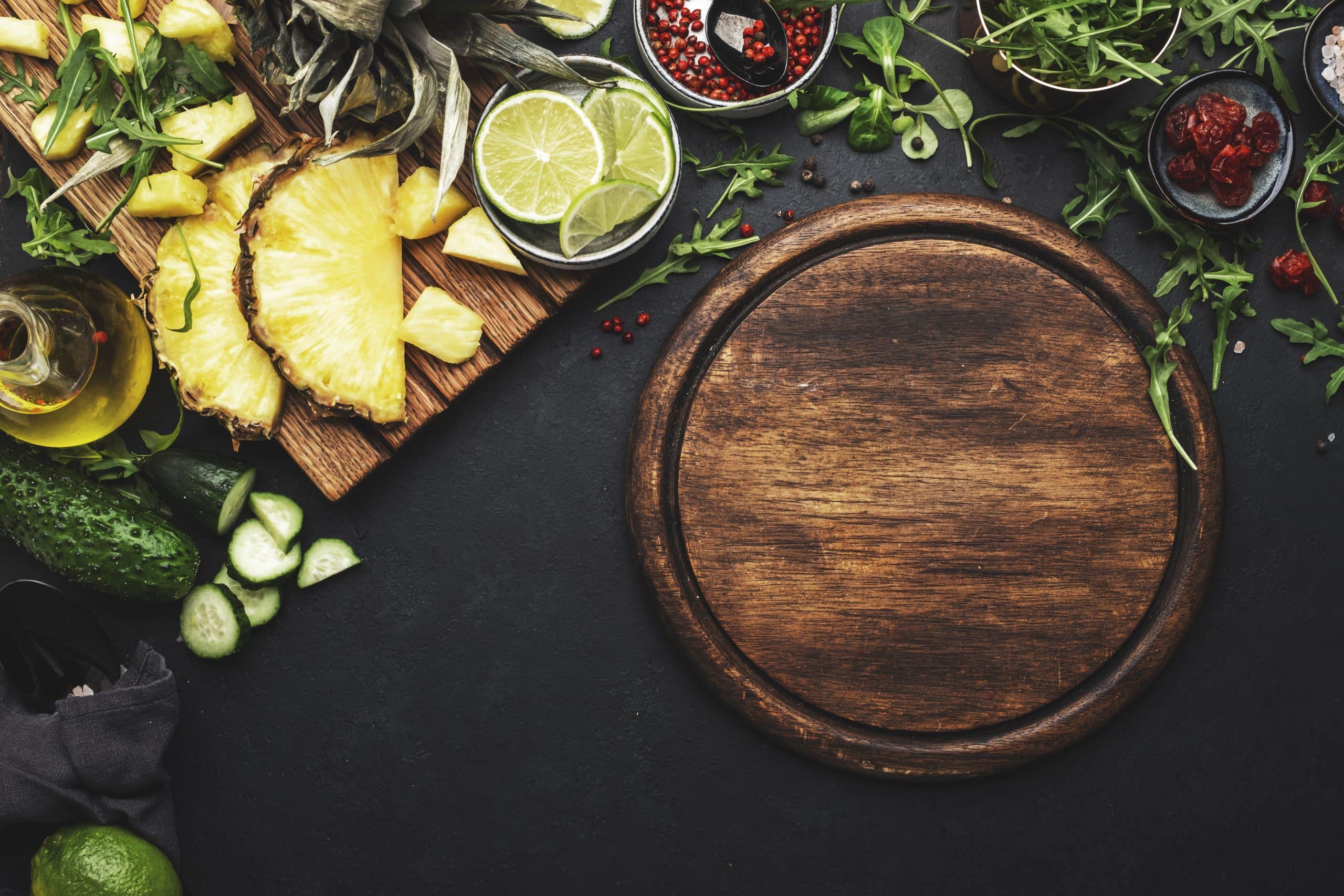Welcome to an in-depth exploration of iron and its significance towards your health. In today’s discussion, we’ll delve deep into why this mineral is so instrumental in the proper functioning of your body, and what can happen when your iron levels are in peril. So let’s dive in and understand the science behind iron, a nutrient that is much more than just a component of a healthy diet.
Understanding Iron Deficiency
Our body needs iron to produce hemoglobin, a protein in red blood cells responsible for carrying oxygen throughout the body. When your iron levels dip too low, you can develop a disorder called iron deficiency anemia.
A lire en complément : Strategies for healthy aging
Iron deficiency is a prevalent health concern, especially among children, women of reproductive age, pregnant women, and people with certain diseases. When you do not get or absorb enough iron, your body’s ability to produce red blood cells is compromised. This can lead to iron deficiency anemia, a condition that causes fatigue, weakness, and a general feeling of being unwell.
The Role of Iron in the Body
Iron is not just a mineral; it’s a pivotal cog in the body’s complex machinery. It helps maintain healthy cells, skin, hair, and nails. But perhaps more importantly, iron is a key player in the creation of hemoglobin, a part of the red blood cells tasked with transporting oxygen from the lungs to the body’s tissues.
Cela peut vous intéresser : Breathing techniques for anxiety
Iron also supports your body’s immune function, growth, and cognitive development. Low iron levels can lead to impaired cognitive function, retarded growth in children, and a weakened immune system, making the body more susceptible to infections and diseases.
Iron Supplementation: A Potential Solution
If you’re dealing with iron deficiency, fear not. Iron supplements can be a practical and effective solution. They can help restore your iron levels, alleviate symptoms of iron deficiency anemia, and improve overall health and well-being.
However, it’s essential to approach iron supplementation with care. Too much iron can lead to a condition called iron overload, which is harmful to your health. It’s always wise to consult a healthcare professional before starting any supplementation regimen.
Dietary Sources of Iron: Foods to Boost Iron Levels
A nutrient-rich diet is one of the best ways to maintain optimum iron levels. Foods high in iron come in two types: heme and non-heme iron. Heme iron is found in animal sources like meat, poultry, and fish and is more easily absorbed by the body. Non-heme iron, found in plant sources like beans, lentils, and spinach, is not as easily absorbed.
To enhance absorption of non-heme iron, pair these foods with vitamin C-rich foods like citrus fruits, tomatoes, and bell peppers. Avoid consuming iron-rich foods with calcium-rich foods or drinks, as calcium can inhibit iron absorption.
The Link Between Iron and Women’s Health
Women, especially those of childbearing age, have higher iron requirements than men due to blood loss during menstruation and the increased blood volume during pregnancy. Iron deficiency during pregnancy can lead to complications such as preterm delivery and low birth weight.
It’s crucial for women, especially pregnant women, to monitor their iron levels and ensure they’re getting enough iron from their diet or supplements. A healthcare professional can provide personalized advice based on individual health status and needs.
Iron Deficiency in Children: A Global Health Concern
Children are especially vulnerable to iron deficiency due to their rapid growth and high iron needs. Iron is crucial for a child’s growth and development, particularly brain development.
Iron deficiency in children can lead to developmental delays, behavioral problems, and learning difficulties. Therefore, ensuring that children get enough iron, whether through diet or supplementation, is vital for their health and future well-being.
Remember, maintaining optimal iron levels is far more than a health fad; it’s a necessity for a life of vitality and well-being. Understanding the importance of iron and how to maintain its appropriate levels within the body plays a central role in overall health and disease prevention. Remember to always consult with a healthcare professional before making drastic changes to your diet or starting any supplementation regimen.
And so, as you continue on your health journey, remember to keep iron in mind. Your body, and indeed your health, depends on it.
The Risks of Iron Overload and Its Management
While iron deficiency can lead to health complications, it’s equally important to understand the risks associated with excessive iron in the body. Iron overload, also known as hemochromatosis, is a condition caused by the accumulation of too much iron in the body. This can result in serious health problems such as diabetes, liver disease, and heart conditions.
The body lacks a natural way to excrete excess iron, and it can build up in tissues and organs, causing damage. Particularly in men and postmenopausal women, who don’t regularly lose iron through menstruation, managing iron levels effectively is crucial.
Iron overload can occur from excessive iron supplementation or certain genetic disorders. Its symptoms include fatigue, joint pain, abdominal pain, and loss of libido. If left untreated, it can lead to more severe health issues like liver cirrhosis, heart problems, and even certain types of cancer.
To manage iron levels and prevent iron overload, it’s recommended to get regular blood tests to monitor iron status. If you are diagnosed with iron overload, your healthcare provider may recommend therapeutic phlebotomy, a procedure that removes blood from your body to reduce the iron stores.
Besides, lifestyle modifications can help manage iron levels. Limiting dietary intake of iron-rich foods, especially from animal sources that contain heme iron, can be beneficial. Similarly, reducing alcohol consumption, which can increase iron absorption, can also help manage body iron levels.
Iron Absorption: Factors Affecting Uptake
Iron absorption is a complex process that can be influenced by numerous factors. Various elements can either enhance or inhibit the body’s capability to absorb iron. Understanding these factors can help you optimize your iron intake and prevent both iron deficiency and iron overload.
Heme iron, found in animal sources like meat, fish, and poultry, is more easily absorbed by the body compared to nonheme iron from plant sources. Thus, vegetarians and vegans need to be more mindful of their iron intake and absorption.
Certain dietary components can enhance iron absorption. For instance, consuming vitamin C along with iron-rich foods can significantly boost nonheme iron absorption. On the contrary, other nutrients like calcium, zinc, and certain polyphenols found in tea and coffee can inhibit iron uptake.
In addition to dietary factors, certain health conditions can also impact iron absorption. For example, individuals with celiac disease, inflammatory bowel disease, or those who’ve had gastric bypass surgery may struggle with iron absorption.
It’s worth noting that iron supplements may cause side effects, including constipation, nausea, and stomach pain. It’s crucial to take iron supplements under medical supervision to ensure safe and effective iron supplementation.
Conclusion: Emphasizing the Balance
Iron plays a key role in numerous bodily functions, with both deficiency and excess posing health problems. Therefore, maintaining a balance is of utmost importance.
Recognizing the signs of both iron deficiency and overload, understanding the factors influencing iron absorption, and knowing the best dietary sources of iron, are all crucial for managing your iron levels effectively. Regular monitoring of iron status, especially in high-risk groups like children, pregnant women, and those with certain health conditions, is advisable.
Before starting any iron supplementation regimen or making significant dietary changes, always consult a healthcare professional. Their guidance can help you navigate the complex world of iron management and ensure you’re getting the right amount of this pivotal mineral.
Remember, a balanced approach to iron intake is not just a whim, but a critical component of maintaining your health and vitality. As you continue on your journey towards better health, remember to give iron the attention it deserves. After all, your overall well-being depends on it.






